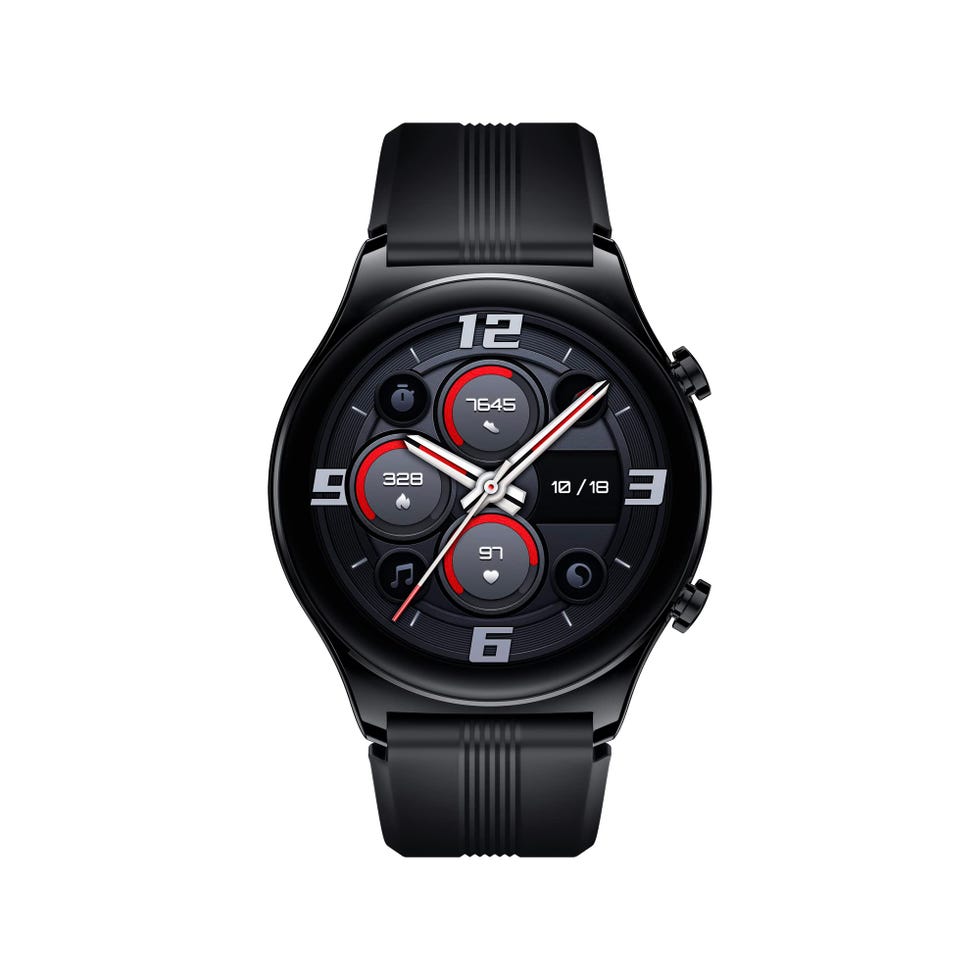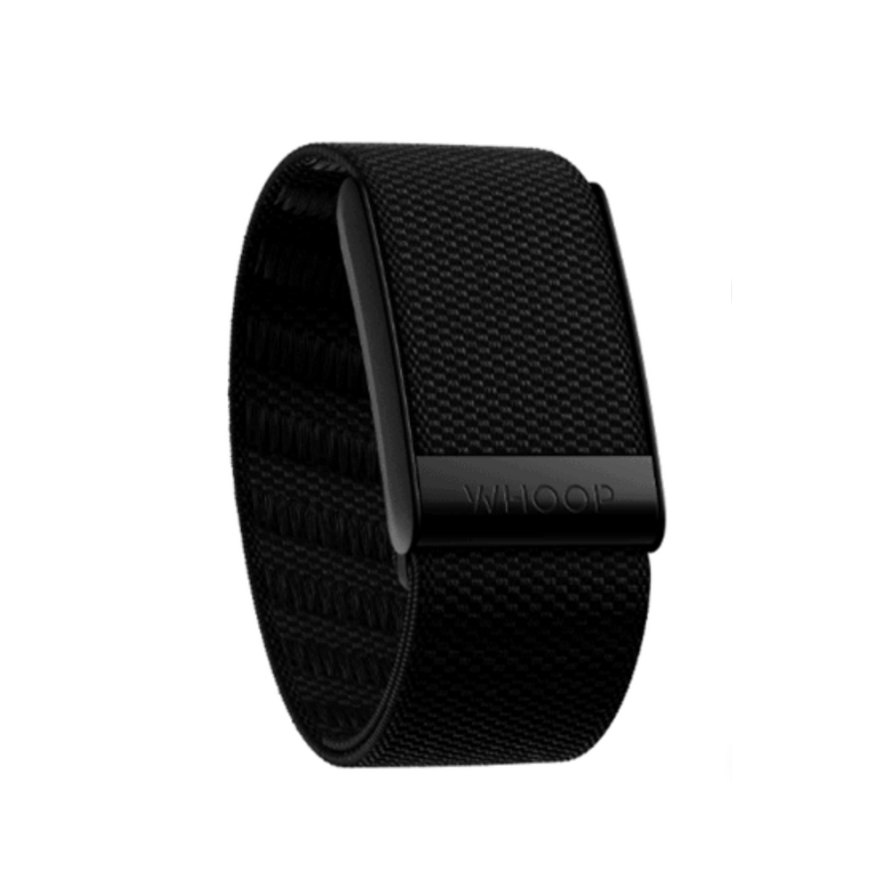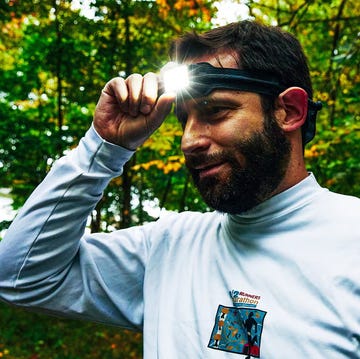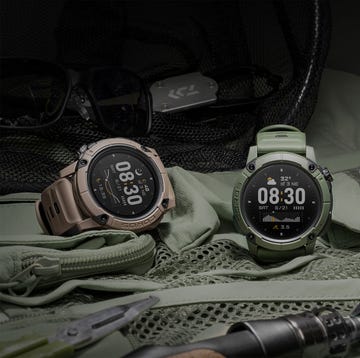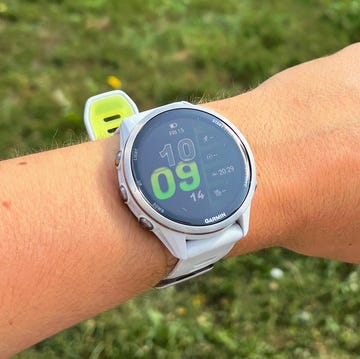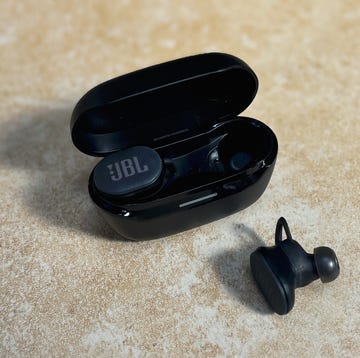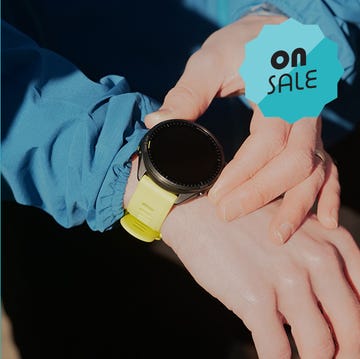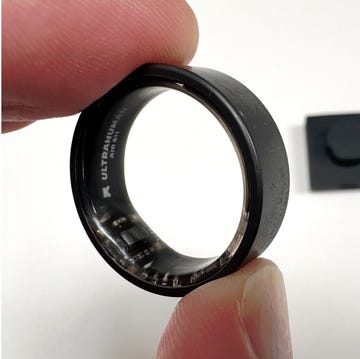We earn a commission for products purchased through some links in this article.
The best fitness trackers and watches for runners, tested by our editors
These wearables can track your workouts, sleep, stress and more

Wearable tech is booming, with the global fitness tracker market projected to reach a whopping $187 billion by 2032 — and it’s hardly surprising. Investing in a fitness-focused wearable can help you better understand your body, train smarter and recover better. Like a personal trainer for your wrist.
Beyond tracking step count and calorie burn, today’s techy timepieces can do all sorts, from managing stress, analysing sleep and creating bespoke training plans to measuring blood oxygen levels, tracking your temperature and pinging notifications from your smartphone. Many of them are also packed with handy running features, including built-in GPS, VO2 max estimations, heart rate zones and fuelling reminders.
With so many models to choose from, it’s important to choose a watch with your preferred activities or personal goals in mind, whether you’re on the hunt for a high-end smartwatch to monitor every aspect of your health, or you just want a basic tracker at the more affordable end of the price spectrum.
If you’re in the market for an advanced running-specific watch to optimise your performance, we’d suggest buying one of our best GPS running watches, tested and reviewed by our editors.
How do I pick the right fitness tracker?
Here are some key specs to consider when deciding which fitness tracker or smartwatch to go for.
Health and fitness features
If you’re looking to buy a new fitness tracker, chances are you love a stat or two. Nowadays, you’d expect all models to record your steps and distance covered as standard. But some also provide a more in-depth insight into your workout by monitoring things such as your heart rate, blood-oxygen saturation levels and VO2 max. These sensors also help measure sleep data if you like to wear yours overnight. The most advanced health trackers, like the Oura Ring, will even take your body temperature to gather data and make predictions on aspects like menstrual cycle timing. Others, such as the Whoop Strap 4.0, present information as scores to provide a series of easy-to-understand, tangible metrics.
GPS
As a runner, chances are you’ll want a tracker or watch with GPS functionality. While some devices come with a built-in GPS chip, cheaper models often rely on an accelerometer, which can quickly become inaccurate. Having a GPS chip improves location accuracy, elevation and distance so you can map your route more accurately, but this isn’t so important if you’re using the watch for the gym.
Subscription services
It seems like everything has a subscription service these days, and some fitness trackers and smartwatches do, too. For instance, Fitbit devices, Apple Watches, and some other devices offer premium features with a subscription service, like guided workouts and videos. Garmin offers premium map access with an annual subscription. If you’re using other apps like Strava, to monitor your fitness, you can purchase premium subscriptions through those apps to open their more advanced watch features to you.
Battery life
Many fitness trackers will last at least seven days on a single charge, while some can manage three weeks or more. Smartwatches, such as the Apple Watch Series 10 and the Google Pixel, tend to have a shorter battery life. Many models also have a quick charging feature, which is perfect if you need a last-minute bit of juice to track a lunchtime run.
Waterproofing
If you like to mix up your training by hitting the pool a few times each month, keep an eye out for a tracker that’s water resistant or swim proof. Some will only be able to give general data for your swim session, while others will automatically detect which stroke you’re doing and the number of lengths you’ve completed.
How we test
Our RW Lab experts tested over 50 market-leading fitness trackers and smartwatches to find the models that will help you upgrade your health and fitness regime.
They put each watch through a series of different workouts, from strength training to running, before rating them on design, ease of use, comfort and, crucially, overall performance.
Our winners (proudly displaying the esteemed RW Expert Tested logo) provided insightful in- and post-workout stats and recovery recommendations, were accurate when tracking steps and distance and didn’t run out of juice too quickly. There were also comfortable to wear and looked good on our wrists.
The fitness-tech aficionados that they are, our editors have also put forward their favourite, which impressed during use.
The best fitness trackers and watches for runners

Yanar was our former health and wellness tester.


The 9 best lights for running in the dark
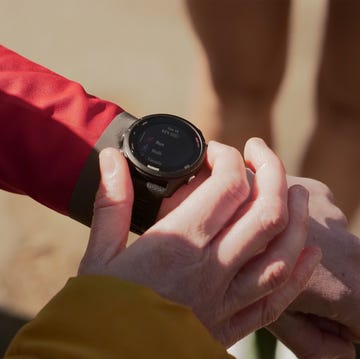
7 best cheap running watches for under £250
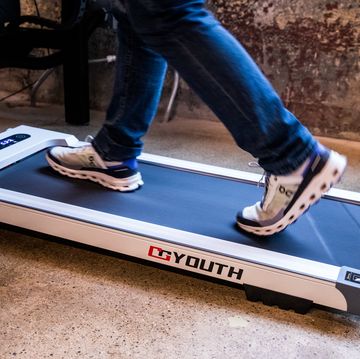
The best walking pads for your home office
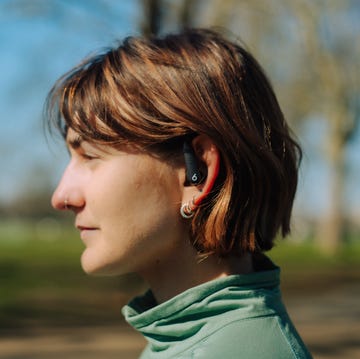
The 11 best wireless headphones for runners





